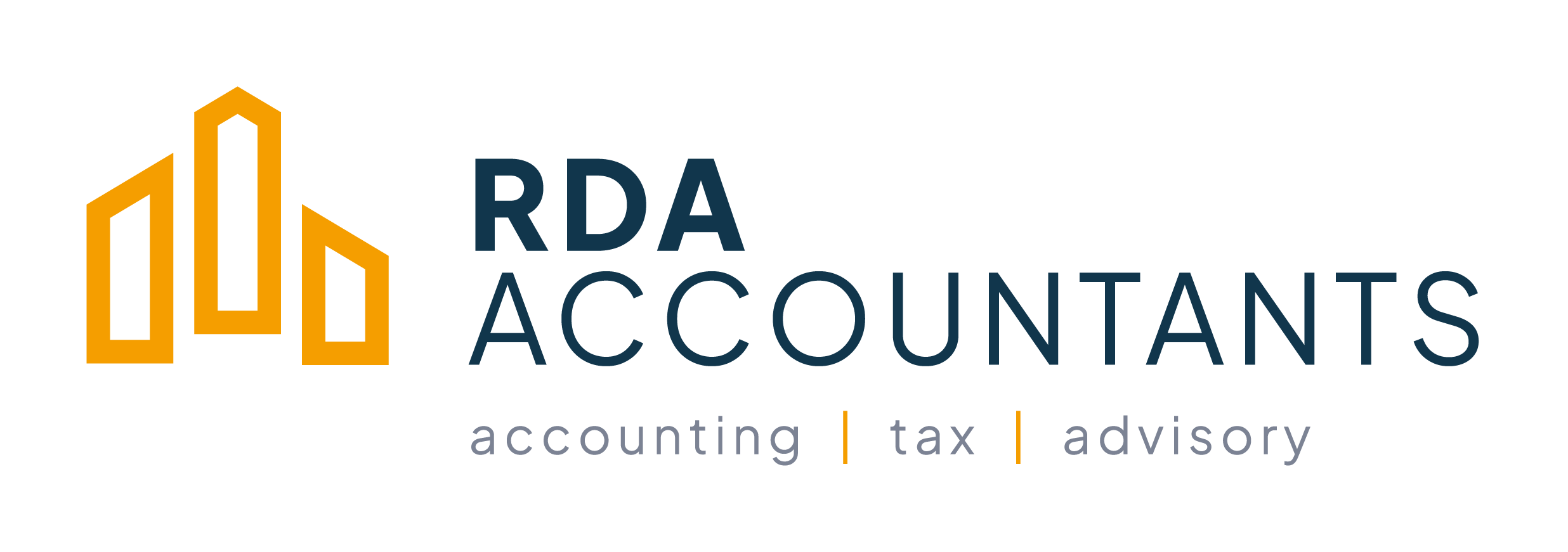When you own your own business, you quickly discover that you end up multi-tasking to try and cover...
Steps to becoming Lean and increasing your Business Competitiveness
Lean tools and techniques are helping companies to address competitiveness issues within their businesses, building the capability of their people to identify issues and improve their operations. Lean is shorthand for focusing on effectiveness and efficiency across all areas of a business. Lean works most effectively where it has become the way of doing business and where it is a fundamental part of your business strategy. Lean business systems are based on an absolutely focused and relentless pursuit of efficiency and effectiveness. Successful Lean implementation requires the engagement of people to realise the potential of a business.
Becoming lean Practical steps to build competitiveness
A number of Lean Principles and rules can help you understand Lean and how to use it to build your people’s capabilities and the competitiveness of your business.
The three key Lean Principles are:
- Time
- Money
- Effort
Time - Focus on Time to see how long work is taking to do, to see how long it is before a customer gets their product or service after they ask for it. Time is easy to measure and is understood by everyone, it can play a very useful role as a guiding principle for Lean implementation.
Money - Your business exists to make money, use money as a key principle to help your people “see” wastes and put a monetary value on issues, problems and delays.
Effort - Refers to the amount of work that we have to do to get a job done. Lean focuses on finding ways to reduce the effort required to get work done, to enable you to do more value added activities.
Lean Rules
The Lean Rules provide guidance on dealing with people and processes. Experience has shown them to be very helpful in delivering real gains from a Lean implementation effort.
Lean Rules People – Fairness, Firmness, Consistency
Fairness - The lean process needs to be fair, fair to both staff and the business.
Firmness - Once you decide how things should be done, they need to be done that way.
Consistency - Be consistent with how you deal with people, problems and issues.
Lean Rules Processes - Look, See, Understand - Much of people’s time in business is spent handling the “day job”, doing what needs to be done.
Look - look closely at your processes, go to the place where work is done
See - see what is actually happening, how things are actually being done to service your customers to produce your products, it will often be quite different to what you think is being done.
Understand - understand what is being done, what are the underlying principles that affect the outcome.
Lean Questions for your Business
Here are five simple questions will help you to drive competitiveness on your lean journey.
- What are you doing?
- How are you doing it?
- Why are you doing it?
- Who is going to improve it?
- When?
Enterprise Ireland and the IDA have developed a Lean Business offer and Competitive Benchmarking for companies. For more information on how to become lean contact Paul Redmond on 053 9170507 or email paul@rda.ie

